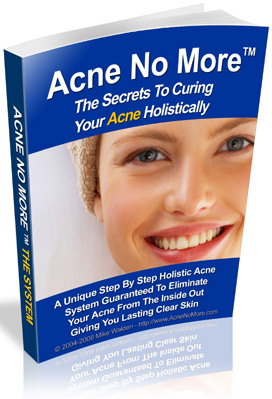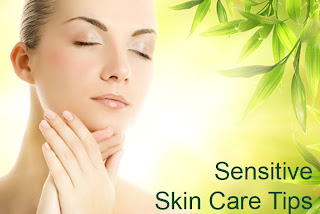Top 5 hints and tips…
When it comes to an effective treatment for your acne, you want a product that will really work and that doesn't cost an arm and a leg. However, because of the intense market clutter, finding the anti acne skin care product may seem like an impossible task.
The following hints and tips would serve as your easy, at-a-glance guide to help you make your mind while choosing among different skin care products that are used to treat acne.
Is it recommended?
The FDA's new good manufacturing practices ruling, for example, attempts to ensure that the natural or herbal supplements:
· Are produced in a quality manner and meet all the recommended safety standards
· Are free of all the contaminants or impurities
· Are accurately labeled as per the recommended guidelines
Therefore, you should choose an acne-care supplement according to the same FDA-recommended guidelines.
Is it clinically backed?
Remember, this is an era of evidence-based medicine and you are supposed to consider evidences, pure facts and real testimonials, not claims. Accordingly, go for a complete, multi-component anti acne supplement that contains ingredients which are clinically backed by a number of trials and studies and have been recommended by full-fledged health experts and physicians for a non-prescription use.
Is it fully compliant?
Compliance of a medicine or some specific product can be defined as its suitability to most of the people taking it without causing any significant undesirable side effects. The most effective skin care system for people with acne should, therefore, be considered as highly suitable and compliant for people of almost age groups and genders. In other words, it should be capable of giving best and fast results in young adults, middle aged and elderly men and women equally.
Is it safe?
It is quite logical and understandable that ideally, an anti-acne supplement or program should be free of the typical “allopathic” medications’ side effects. You should, therefore, do your research when planning to take any kind of such skin care supplements or systems. A simple of way of doing this is read the authentic testimonials, and see if the product has been approved by some major international and credible authority on health. Similarly, user compliance and tolerance is another important issue to be considered while choosing skin care program or multi-component system to cure acne.
Is it affordable & economical?
Any skin care system or product for people with acne cannot be considered as a top one until and unless it takes good care of your pocket because of its accessibility and affordability. Accordingly, you should choose a product that offers the best value for money i.e. gives you more for less.
Conclusion
While you can find many brands of both natural or herbal and over the counter anti acne skin care creams, lotions, supplements and oils, there are hardly few which even work and come any close to whatever they promise. Most importantly, even the most frequently bought and used products have their own share of undesirable effects and unwanted interactions within the body. The key here is, therefore, to select the safest and yet more effective natural skin care system that will comprise of multiple components and will, therefore, address the acne problem on multiple levels.










